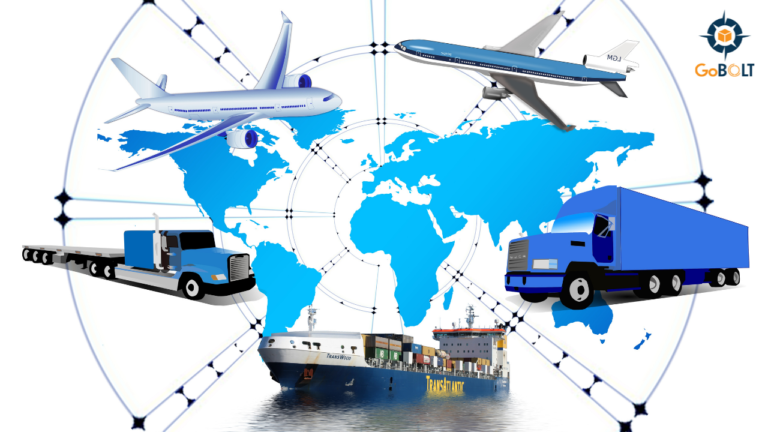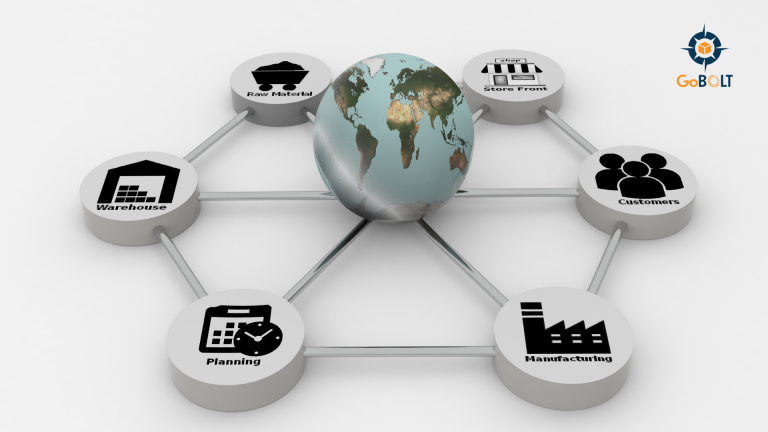The Transportation Management System (TMS) is a game-changer for organisations in transporting freight effectively, consistently, and inexpensively. TMS has options for moving freight across various transportation and intermodal transfers. Utilising transportation assets owned by the firm or a third-party service provider as part of the TMS operations, cargo can carry both locally and internationally. TMS is capable of handling a variety of freight, including tiny packages and vast shipments of goods.
Shippers who employ TMS systems rather than conventional transportation management techniques benefit from higher service levels and more significant freight savings. Let’s examine a transportation management system’s main advantages.
What is a Transportation Management System?
The Transportation Management System (TMS) is essential to the logistics programme for the whole supply chain since it allows for improved activity synchronisation and planning. Additionally, it facilitates the tracking and tracing of the items. Further, it results in the efficient control of material and order flows. When done correctly, it aids in generating responsive as well as effective results throughout the entire supply chain.
Benefits of TMS
Enhanced Customer Services
Customers increasingly want lightning-quick delivery, the flexibility to make last-minute changes to their orders, and personalised delivery schedules. Therefore, they include it in every order they place since they not only want it but also expect it. As a result, companies have tremendous difficulty adjusting their processes to meet customer expectations.
Increased Productivity at the Warehouse
use of transportation management systems, you will spend less time handling freight and more time working on other projects, such as warehouse operations. As a bonus, you’ll spend less time correcting errors brought on by input errors or entering new data if your TMS is integrated with other systems, such as your ERP.
Cost Effectiveness
One of the main cost factors in logistics is transportation. The firm will significantly benefit from having a solid transportation management system to lower shipping costs if appropriate planning and practical resources are used. Every logistics consignment must have its financial elements examined by an adequate transportation management system.
Simple Data Management
To have more excellent distribution coverage and to reduce the per-unit transportation cost, the directions and distances of the vehicles need to be arranged. Here, a company’s information department must offer all the details pertaining to the routes’ lengths, unload and upload locations, and the time needed for a specific type of vehicle to get there.
High-end Technology ensures transparency
Companies may monitor the lifespan of orders or shipments in real-time and receive updates as needed with the help of the transportation management system. Nowadays, businesses may get real-time information on a specific consignment, which enables them to deliver the items on schedule and without human error—even to the customers.
Uniformity of the Process
The standardisation of specific duties, such as consolidating the shipping payment and invoicing procedures from several sites to a single place, is typically included in transportation management systems. In addition, maintaining a uniform structure across the organisation would aid in having a transparent process for both customers and workers. Thus, this saves a great deal of money and time for everyone engaged in the shipping process.
The best transportation management system software ensures increased accuracy and precision throughout the process. With real-time tracking and comprehensive supply chain information, there is a clear improvement in the likelihood that shipments will be fulfilled.




